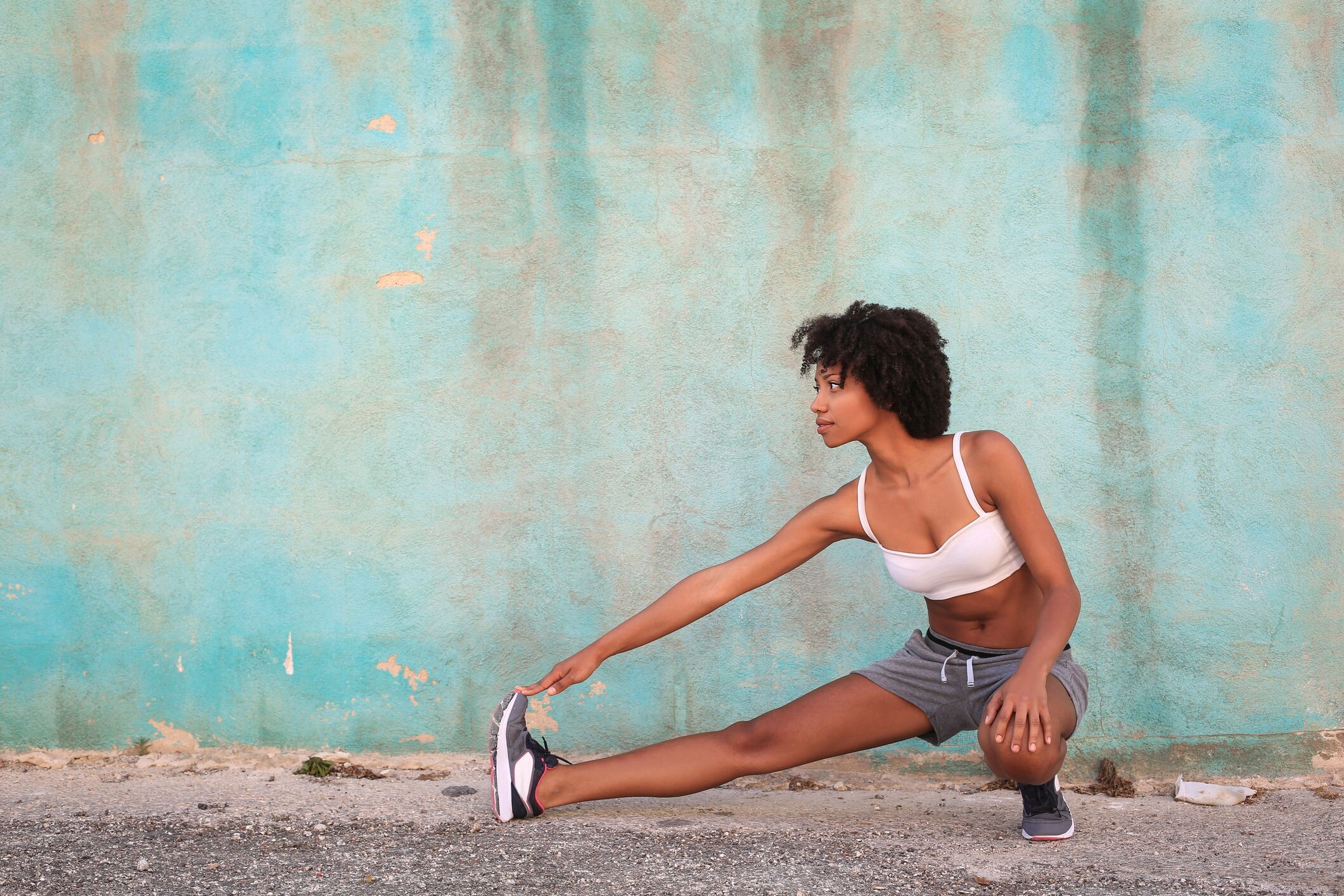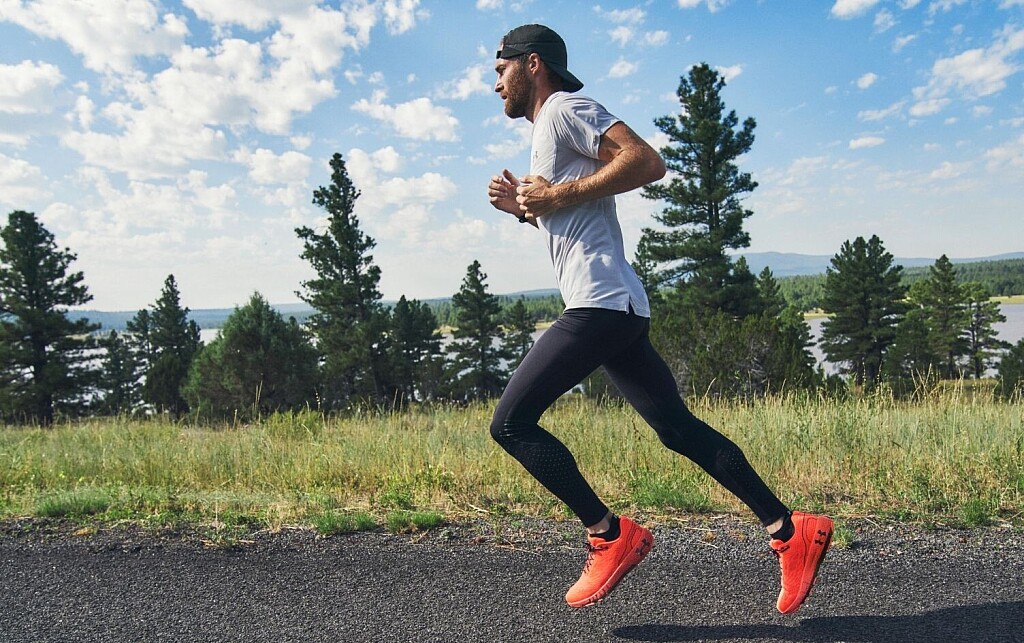Running News Daily
Running News Daily is edited by Bob Anderson. Send your news items to bob@mybestruns.com Advertising opportunities available. Train the Kenyan Way at KATA Kenya and Portugal owned and operated by Bob Anderson. Be sure to catch our movie A Long Run the movie KATA Running Camps and KATA Potato Farms - 31 now open in Kenya! https://kata.ke/
Index to Daily Posts · Sign Up For Updates · Run The World Feed
Fight fatigue by working on your hamstrings and posture, If you want to decrease the effects of late-race fatigue, don't neglect your hamstrings and core strength
Better fatigue resistance often separates the elites from the rest of us. It can also be the difference between a new PB and going home disappointed. So how do you improve fatigue resistance? New research says having stronger hamstrings and better postural stability will help fight off the effects of late-race fatigue so you can run strong to the finish.
The two types of fatigue
The authors of the study, published in the journal Sensors, identify two types of fatigue: peripheral and central. At its simplest, peripheral fatigue is the exhaustion you feel in your muscles from prolonged physical activity, and central fatigue refers to fatigue in your central nervous system. Both can affect muscle strength and activity, as well as running form.

Fatigue, whether peripheral or central, will not only slow you down, but will also put you at a higher risk for injuries. As fatigue begins to set in, research shows runners experience an increase in ground reaction forces, which puts more stress on the body.
How to improve fatigue resistance

The researchers recruited 18 male runners to complete a running test that induced peripheral and central fatigue and assessed which biomechanics deteriorated during the test. They found that runners with greater hamstring strength and postural stability experienced fewer fatigue-related changes to their biomechanics (a.k.a. their running form) than those with less.
These results led the team to this conclusion: “strength and stability training could prevent or delay the kinematic modifications associated with fatigued running and prevent the early increase in metabolic cost.” In other words, having stronger hamstrings and better postural stability can help you fight the effects of fatigue so you can maintain your pace until you cross the finish line.
Exercises to improve hamstring strength and postural stability
This highlights the importance (yet again) of strength training as a part of a running program. There are many exercises runners can do to improve their hamstring strength, like glute bridges, single-leg Romanian deadlifts and hamstring walkouts. Check out these hamstring exercises or this hamstring and glute strength routine to get you started.
To improve your postural stability, runners should aim to improve their core action, and work on core exercises that focus on counter-rotation, like the ones suggested in this strength training blueprint for runners.
by Brittany Hambleton
Login to leave a comment




